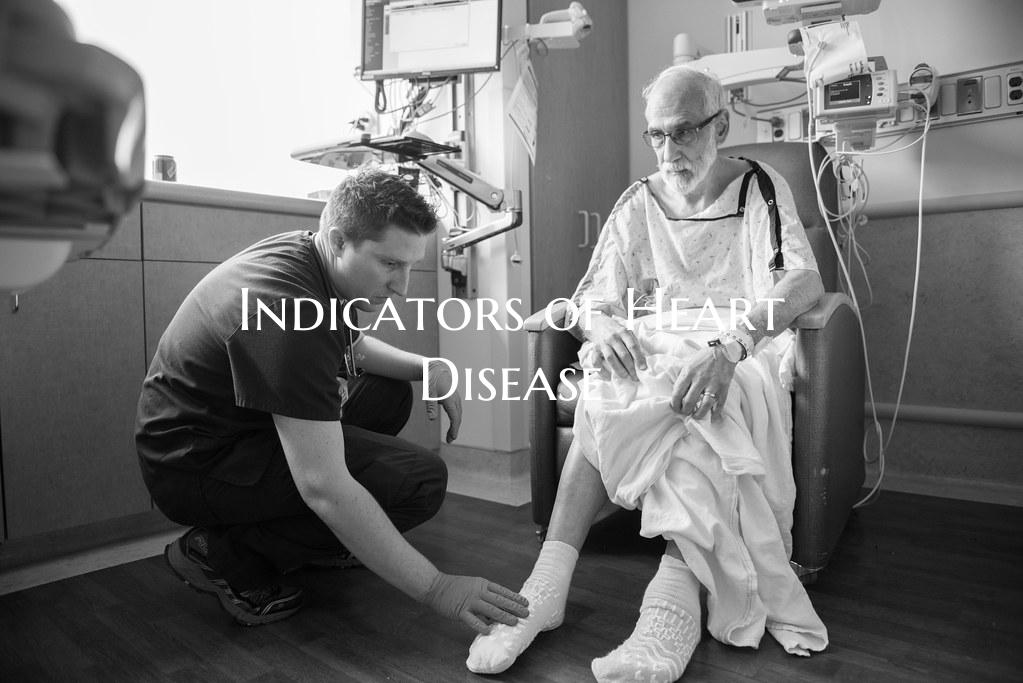
Indicators of Heart Disease
Heart disease is a major health concern globally, leading to significant morbidity and mortality. Recognizing the indicators of heart disease is essential for early detection, prevention, and effective management. Various signs and symptoms serve as red flags for potential heart issues, prompting individuals to seek timely medical attention.
One common indicator of heart disease is chest pain or discomfort. This sensation can vary from a dull ache to intense pressure or tightness in the chest, commonly described as angina. Chest pain may occur during physical activity or at rest, and it should never be ignored, as it could indicate underlying heart problems.
Shortness of breath, especially with exertion, is another important indicator of heart disease. If simple activities like climbing stairs or walking short distances cause significant breathlessness, it may suggest that the heart is not functioning optimally. This symptom could be due to reduced blood flow to the lungs caused by heart issues.
Irregular heartbeats, also known as arrhythmias, can be indicative of an underlying heart condition. Fluttering or racing sensations in the chest, skipped beats, or a pounding heart rate may signal problems with the heart's electrical system. Arrhythmias can increase the risk of complications such as stroke or heart failure if left untreated.
Swelling in the legs, ankles, or abdomen can be a sign of heart disease, particularly heart failure. When the heart is unable to pump effectively, fluid can accumulate in the body, leading to swelling. This condition, known as edema, often worsens throughout the day and improves with elevation or rest. Persistent swelling should prompt a thorough cardiac evaluation.
Fatigue or weakness that is not relieved by rest can also be an indicator of heart disease. When the heart muscle is unable to pump efficiently, the body may not receive an adequate supply of oxygen-rich blood, leading to fatigue. Unexplained exhaustion or a significant decrease in stamina should be discussed with a healthcare provider.
Other indicators of heart disease include dizziness, lightheadedness, nausea, and cold sweats, especially when they occur suddenly and are associated with other symptoms. These signs may indicate a heart attack or another acute cardiac event, necessitating immediate medical attention.
It is essential to remember that the presence of one or more indicators does not definitively mean that an individual has heart disease. However, recognizing these signs and promptly seeking medical evaluation is crucial for proper diagnosis and timely intervention. Regular health screenings, lifestyle modifications, and adherence to treatment plans can help reduce the risk and impact of heart disease, promoting cardiovascular health and overall well-being.